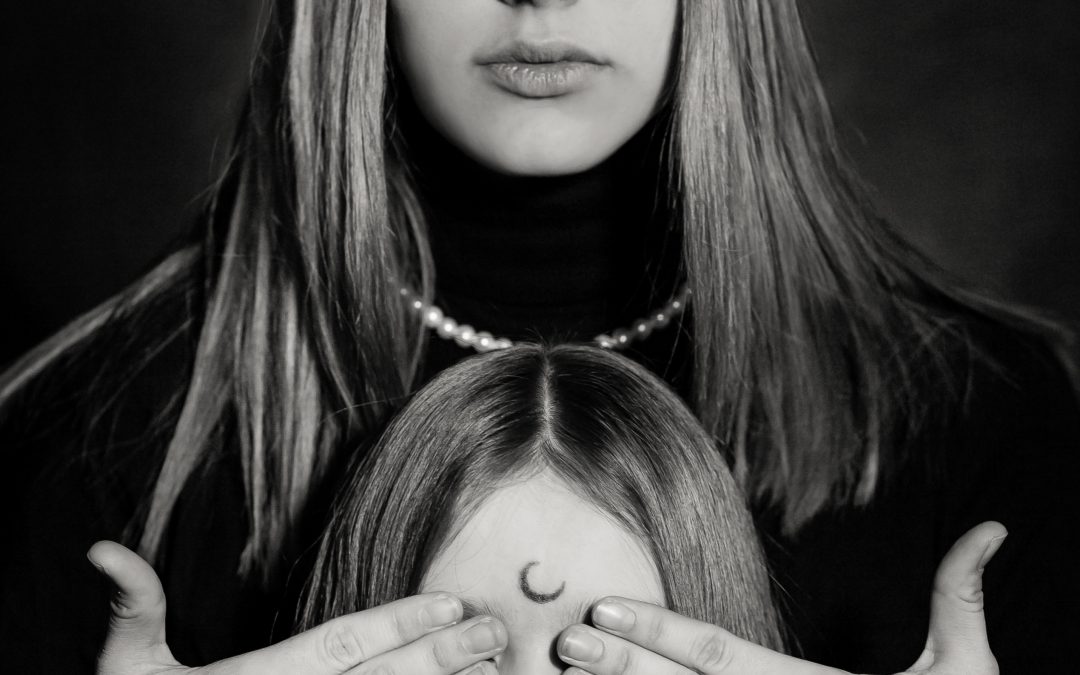As parents and adults who care for pre/teen children, our view of children is that children are incomplete. In that, they are children now, and they will grow into a whole person one day. I propose that our children are whole and complete at all times, and it our inability to see them as such that causes the tension and conflict at home, school, and the world.
Play along with me. I want you to take a moment from your teenage years and think about a time when you knew what to do, and expressed it and felt denied, undercut or rejected by your parents. It could have been an idea for a trip, or preparing for a party at home or how to get the TV working again. Do you have it? Good!
Now take another moment to search, and truly get in touch with how you felt? What aspect of the parent-child relationship did this experience solidify for you? What was reiterated to you at that moment? What beliefs about being a teen or a young person did you take on? And today, at whatever age you are, how do you justify this belief as a parent? And what is the impact of this belief on your relationship with your child?
Let me share my own answers to these questions. The situation I used for this exercise was the following. My dad ran a consulting business in the granite industry. He had met with a large company and the potential for the contract to come through seemed promising. He had to call his contact at the company to confirm that he would take the deal. This event happened during a time when we had only landlines (remember those days?), and the phone lines were down in our area due to a storm the night before. My dad kept checking if the phone line was back, and it hadn’t come back on even in the afternoon.
My dad was complaining to my mom about the phone service when I stepped in and suggested that he can go to a public phone to make that call or even go over and meet the contact to confirm. My suggestion received severe reprimand because I had no business butting into big people business. What would I know, I am only a child.
At that moment I felt incompetent, and not good enough. What it solidified for me about my beliefs about relationships with my parents was that I don’t have a voice in this relationship, all I am allowed to do is listen and do as they say. What was reiterated at that moment was, I don’t know anything, and my parents are always right. The believes I took on about being a teen/young person is they don’t know much, and they masked around looking like they know it all. I have justified their reaction by thinking, yes they said what they said, but I turned out fine anyway.
However, the impact of this on my relationship with my parents was at best withholding, and at worst confrontational. The effects on my relationship with my daughter were, I tended to cut her off, and her age clouded my ability to accept what she is suggesting or sharing.
The ripple effect of these beliefs and patterns of relating with my parents the way I did would have been my daughter, and I have a similar relationship as my mom and I. Once I saw it, I had to transform it. I had to get clear in my mind and heart that my daughter is whole and complete, and she may know things I do not, or I can’t even imagine.
I also had to get clear, that I have been my daughter’s age and there was a particular experience of that age for me. And having experienced being a specific age is not sufficient knowledge to conclude that my daughter’s experience is the same as mine and what worked for me or the opposite of that will be the best for my daughter.
I had to get present to the fact that I grew up with a black and white TV and a landline. I got introduced to the internet in my late teens and early twenties when the internet itself was a baby. I haven’t a clue how it is to be a pre/teen with all the world’s information at my fingertips, and being able to see and talk to family and friends on the other side of the planet without worrying about what that costs. I had to get present to the fact that my baby may know more about many things than I do. And I had to ground all that in the statement – She is whole and complete at the age she is. She is always whole and complete.
Once I had done all that, my listening of her changed. I was more present to the possibility that she may know more, and there are times when she doesn’t know it all, and we have to work through things. But who doesn’t?
I hope you take this on and become a clearing for the listening of your pre/teens as a whole and complete people with knowledge and answers you may not have. I promise you; this will transform your relationship with them, and provide a space and a solid foundation for a fantastic relationship.

